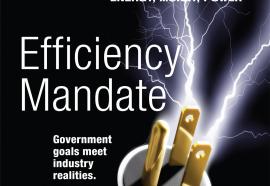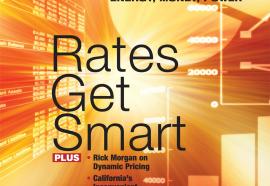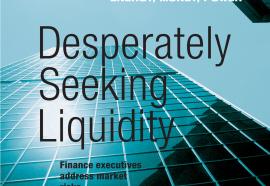The potential for a federal renewable energy standard (RES) and carbon regulation, considered with the effect of state-imposed renewable energy standards, is fueling a strong, but challenging, market for renewable energy. Utilities are competing to sign up the best new projects, the types of renewable technologies available are increasing, and there are various government stimulus programs for energy; yet, the financial markets still are hesitant. Against this backdrop, how should contracts for power from new renewable resources be shaped so that those deals will look as good five, 10 and 15 years after execution as on the day the ink dries?










